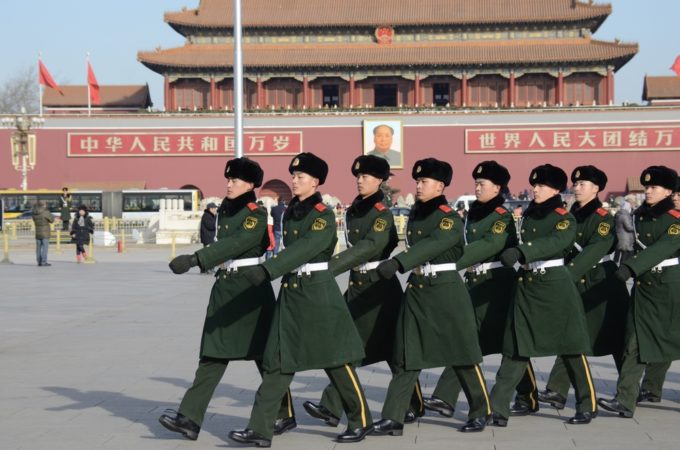
When I started my career in trade compliance in 1990, our friends and foes were discussed in terms of “COCOM” – Coordinating Committee for Multilateral Export Controls. COCOM was an established group of “western bloc” member states and cooperating countries whose mission was to enact an embargo on “eastern bloc” countries (mainly Russia). During this same period, China’s Most Favored Nation (MFN) status was a controversial topic in the United States following the Tiananmen Square massacre.
Despite these policy goals, what followed were years of robust trading with both Russia and China. Now, the pendulum has swung, and it seems like we are moving back to the 1990 in terms of our relationships with both countries. This blog will focus on the recent changes announced for China.
Over the past few years, there has been considerable attention and restrictions concerning trade with China. These have included the imposition of additional tariffs for certain imports, as well as restrictions on Chinese military end users and end uses. Further, there have been considerable additions to restrictive parties list of China entities. Now, the United States has announced sweeping new rules targeting semiconductor technology and manufacturing.
In its press release on October 7, 2022, the Department of Commerce’s Bureau of Industry and Security (BIS) announced the implementation of “a series of targeted updates to its export controls as part of BIS’s ongoing efforts to protect U.S. national security and foreign policy interests. These updates will restrict China’s ability to both purchase and manufacture certain high-end chips used in military applications and build on prior policies, company-specific actions and less public regulatory, legal and enforcement actions taken by BIS.”
BIS went on to say:
The export controls announced in the two rules today restrict the PRC’s ability to obtain advanced computing chips, develop and maintain supercomputers, and manufacture advanced semiconductors. These items and capabilities are used by the PRC to produce advanced military systems including weapons of mass destruction; improve the speed and accuracy of its military decision making, planning, and logistics, as well as of its autonomous military systems; and commit human rights abuses. Finally, these rules make clear that foreign government actions that prevent BIS from making compliance determinations will impact a company’s access to U.S. technology through addition to the Entity List.
So, what does it all mean? Trying to summarize these new rules is very difficult and any analysis requires a strict review of the fact pattern to determine the specific export controls. With that said, some generalities:
- BIS has updated existing controls and added new controls on specific items.
- The scope of the EAR Foreign Direct Product Rule has been expanded.
- There are new end use and end user controls.
- There are more restrictions on the activities of U.S. Persons.
- BIS has added a Temporary General License (TGL) to minimize supply chain disruptions.
- Change and additions to both the Entity List and Unverified List have been made and will likely continue.
These new controls and restrictions will require exporters to conduct further due diligence in understanding all the parties in the transaction. BIS’s Know Your Customer guidance can be a helpful tool in this process. Essentially, BIS expects exporters to know your customers, know what they do, what your products will be made with and who they will be made for. Exporters should also expect active enforcement efforts by BIS to enforce these new rules. It is certainly not “business as usual” when it comes to China anymore.
In addition, more restrictions and limitations of shipping to China is only forecasted to increase with other areas of industry to be targeted in emerging technologies.
As Marty McFly might ask: “Are you sending me Back to the Future?” Or is this: “The more things change, the more they stay the same?”
Stay tuned to this blog for more updates and guidance on China restrictions in the weeks to follow. If you need help evaluating your Chinese transactions against these new rules, schedule a no-charge consultation today.
Rebecca Yeager is a Trade Compliance Consultant for Export Solutions -- a full-service consulting firm that specializes in helping companies comply with U.S. and international import/export regulations.
